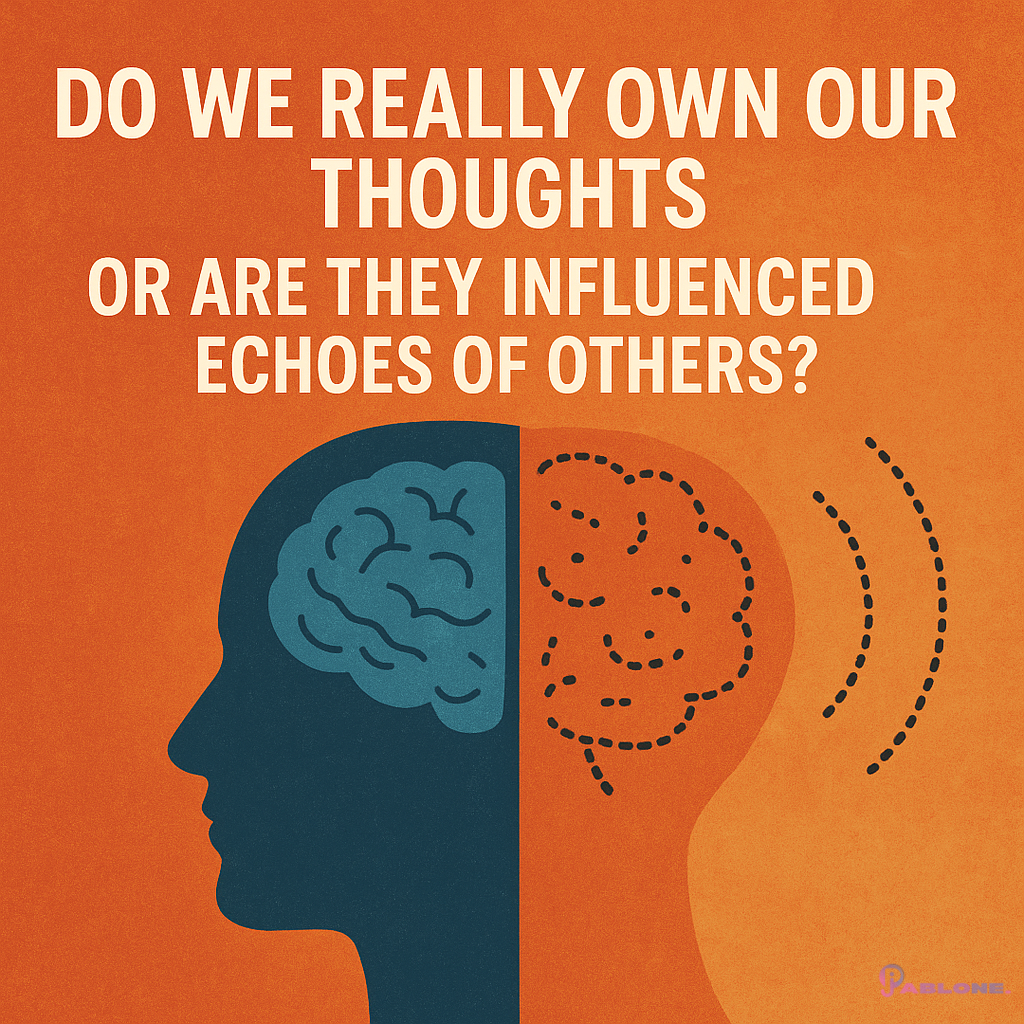Introduction: The journey of parenting is a profound and transformative experience that shapes not only the lives of children but also the dynamics of families and the fabric of societies. From the moment a child is born, parents embark on a voyage of discovery, navigating the joys and challenges of nurturing, guiding, and supporting their offspring through the trials and triumphs of life. In this exploration, we delve into the multifaceted world of parenting and family, examining its complexities, celebrating its joys, and reflecting on its profound impact on individuals and communities.
The Evolution of Parenting and Family Dynamics: Parenting and family dynamics have evolved significantly over the course of human history, reflecting shifts in cultural norms, socio-economic structures, and technological advancements. In traditional societies, families were often characterized by tight-knit communities, extended kinship networks, and intergenerational bonds, where caregiving responsibilities were shared among relatives and community members. Roles within the family were clearly defined, with fathers typically serving as breadwinners and authority figures, while mothers assumed primary caregiving duties and domestic responsibilities.
However, as societies transitioned from agrarian to industrial economies, family structures and parenting practices underwent profound transformations. The nuclear family model emerged as the dominant social unit, characterized by smaller household sizes, greater mobility, and increased emphasis on privacy and autonomy. With the rise of urbanization and modernization, fathers increasingly entered the workforce, while mothers took on dual roles as homemakers and wage earners, leading to a reconfiguration of gender roles and family dynamics.
In recent decades, globalization, digitalization, and changing social attitudes have further reshaped the landscape of parenting and family life. The advent of reproductive technologies, shifting cultural norms around marriage and childbearing, and the increasing prevalence of non-traditional family structures have challenged traditional notions of parenthood and kinship. Moreover, the rise of social media and digital connectivity has transformed the way families communicate, interact, and engage with one another, blurring the boundaries between physical and virtual spaces.
Challenges and Joys of Parenting: Parenting is a journey filled with both challenges and joys, as caregivers navigate the complexities of raising children in an ever-changing world. From the sleepless nights of infancy to the tumultuous teenage years, parents are faced with a myriad of decisions, dilemmas, and dilemmas, from the mundane to the momentous. Balancing work and family responsibilities, managing financial pressures, and fostering healthy relationships within the family unit are just a few of the challenges that parents must confront on a daily basis.
Moreover, parenting often involves grappling with a host of external stressors and societal pressures, from societal expectations around gender roles and parenting styles to the pervasive influence of media, technology, and consumer culture. The relentless pursuit of perfectionism and the fear of failure can weigh heavily on parents, leading to feelings of inadequacy, guilt, and self-doubt. However, amidst the challenges, there are also moments of profound joy, connection, and fulfilment that make the journey of parenting truly rewarding.
One of the greatest joys of parenting is witnessing the growth and development of children as they navigate the milestones of childhood and adolescence. From their first steps and words to their academic achievements and personal triumphs, parents play a crucial role in nurturing their children’s physical, cognitive, emotional, and social development. Creating a supportive and nurturing environment where children feel loved, valued, and empowered to pursue their passions and dreams is essential for fostering their self-esteem, resilience, and well-being.
Furthermore, parenting offers opportunities for personal growth, reflection, and transformation, as caregivers confront their own strengths, weaknesses, and limitations in the process of raising children. Parenthood has a way of challenging individuals to confront their deepest fears and insecurities, while also tapping into reservoirs of love, patience, and resilience they never knew they had. Through the ups and downs of parenting, caregivers learn valuable lessons about empathy, compassion, and the importance of presence, authenticity, and connection in nurturing healthy relationships with their children.
The Importance of Family Bonds and Support Networks: At the heart of parenting lies the profound bond between family members, forged through love, shared experiences, and mutual support. Strong family bonds provide a sense of belonging, security, and stability that serve as a foundation for children’s growth and development. Moreover, family relationships offer a source of emotional nourishment, validation, and affirmation that is essential for building resilience and coping with life’s challenges.
In addition to immediate family relationships, extended family networks play a crucial role in providing support, guidance, and cultural continuity across generations. Grandparents, aunts, uncles, and cousins often serve as pillars of strength and wisdom, offering invaluable insights and perspectives gleaned from their own life experiences. Furthermore, family rituals, traditions, and celebrations serve to strengthen familial bonds and create lasting memories that connect generations and reinforce a sense of identity and belonging.
Beyond biological ties, chosen families and support networks also play a vital role in parenting and family life, providing additional layers of emotional, practical, and social support to caregivers and children alike. Friends, neighbours, teachers, and community members can offer invaluable assistance in times of need, whether through childcare, meal trains, or emotional support. Building strong support networks is essential for combating isolation, fostering resilience, and promoting collective well-being within communities.
Challenges Facing Modern Families: Despite the many joys and rewards of parenting and family life, modern families also face a host of challenges and pressures that can strain relationships and undermine well-being. Economic insecurity, work-life balance, and the high cost of childcare are major stressors for many families, particularly those living in low-income communities or single-parent households. Moreover, the demands of modern parenting, coupled with the pervasive influence of technology and media, can erode family cohesion and communication, leading to feelings of disconnection and alienation.
Furthermore, shifting cultural norms around marriage, gender roles, and family structures have given rise to new forms of family diversity and complexity, challenging traditional notions of kinship and parenting. Blended families, co-parenting arrangements, and same-sex parenting are becoming increasingly common, reflecting the diversity of human experiences and the evolving nature of family life. However, these non-traditional family structures can also pose unique challenges in terms of co-parenting dynamics, legal rights, and societal acceptance.
Moreover, the rise of digital technology and social media has introduced new challenges and opportunities for parenting and family life. While digital connectivity can enhance communication, creativity, and learning, excessive screen time and online interactions can also lead to addiction, cyberbullying, and social isolation, particularly among children and adolescents. Finding a healthy balance between digital engagement and real-world connections is essential for promoting social-emotional well-being and fostering healthy family relationships.
Conclusion: In conclusion, parenting and family life are complex and multifaceted journeys that shape the lives of individuals and societies in profound ways. From the evolution of family structures and parenting practices to the joys and challenges of raising children in the modern world, the dynamics of family life are constantly evolving in response to cultural, social, and technological changes. However, amidst the complexities and uncertainties of parenthood, one thing remains constant: the enduring power of love, connection, and resilience to sustain families through the trials and triumphs of life. As we navigate the complexities of modern family life, let us cherish the bonds that unite us, support one another with empathy and compassion, and celebrate the profound gift of family in all its diverse forms.








Leave a Reply